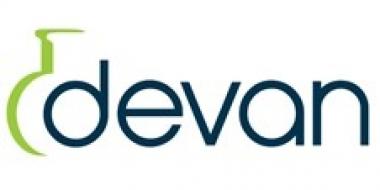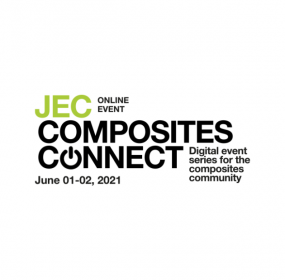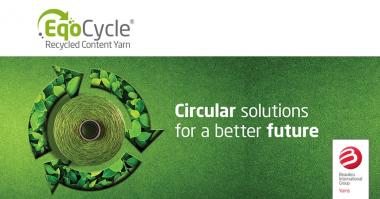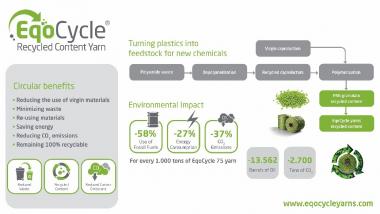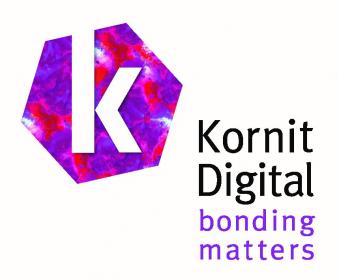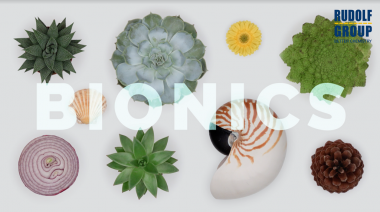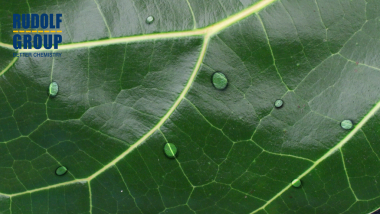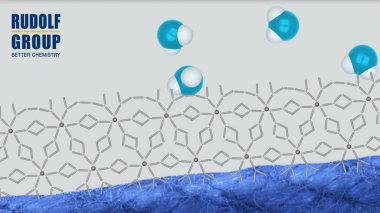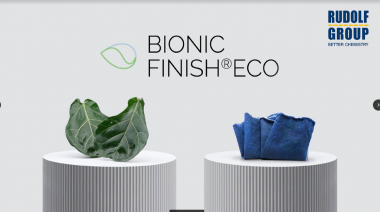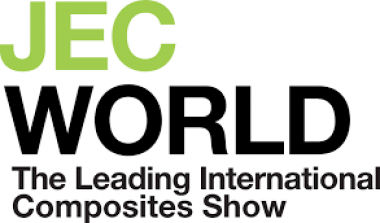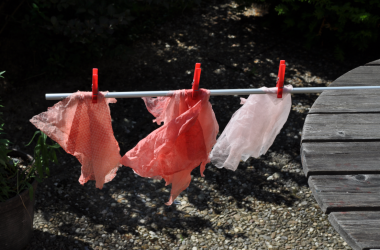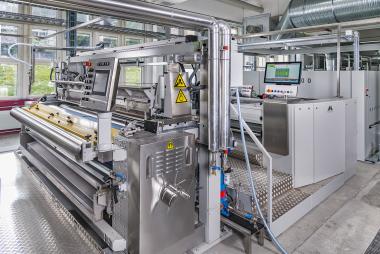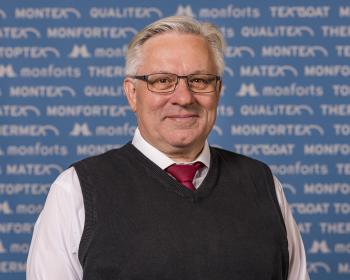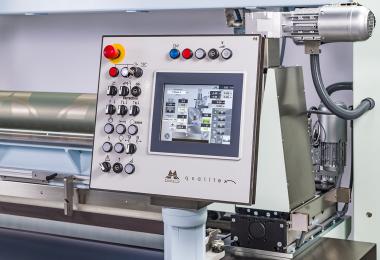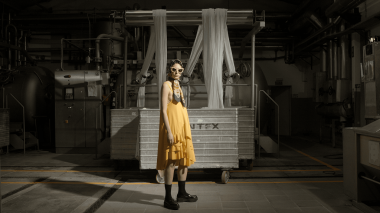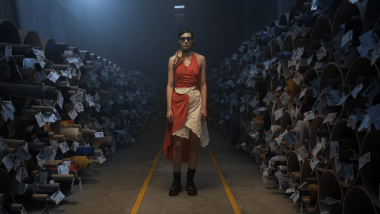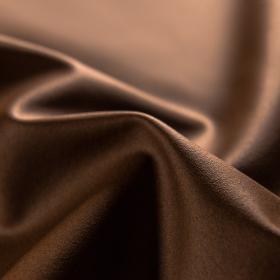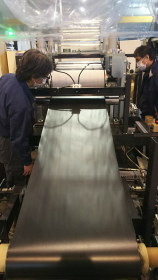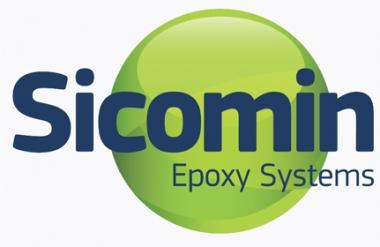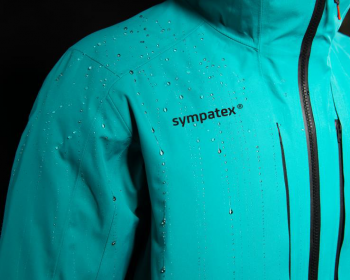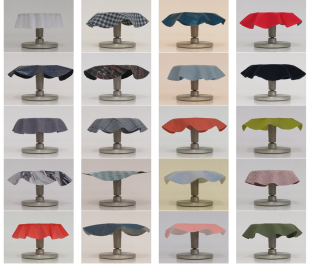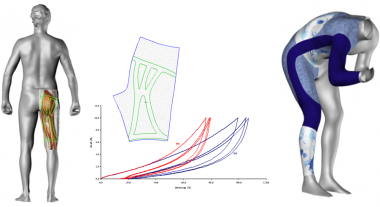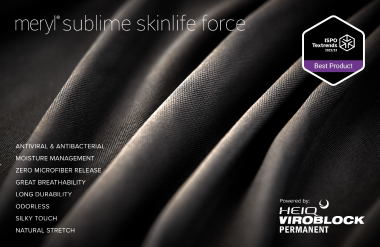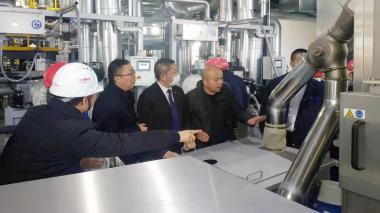Devan launches range of bio-based fragrances for textiles
Devan is launching a new range of bio-based fragrances, named SceNTL®. The range uses traceable raw materials and an external lab has confirmed that the bio-content of the fragrances is above 85%.
SceNTL® is a unique and wide range of encapsulated fragrances that can be integrated onto the fabric and are gradually released over time. Upon release, the fragrances appeal to the senses, promoting relaxation, wellbeing and feel-good sensations.
While synthetic fragrances are composed of synthetic, man-made ingredients, natural scents and oils are created by isolating natural aroma components from raw plant materials. This also explains why every SceNTL® batch can have a slight variation in smell. As natural conditions differ from time to time, every harvest is a little different from the previous one.
Although aromatherapy is still a young and understudied domain, recent studies have shown that essential oils can indeed have neurological effects. Linalool for example, a component found in Lavender and rosewood, is found to enhance sleep, while Limonene, a component found in the peel of citrus fruits, is clinically proven to have an uplifting effect.
At this moment, the SceNTL® range is intended for low-wash items such as mattress ticking, decorative pillows, upholstery, curtains, carpets, etc. It can also be used as a natural ‘masking scent’ for products that have a strong artificial smell caused by the production process. The company is already looking into further development of other scents and broader application use.
Marketing Solutions NV


